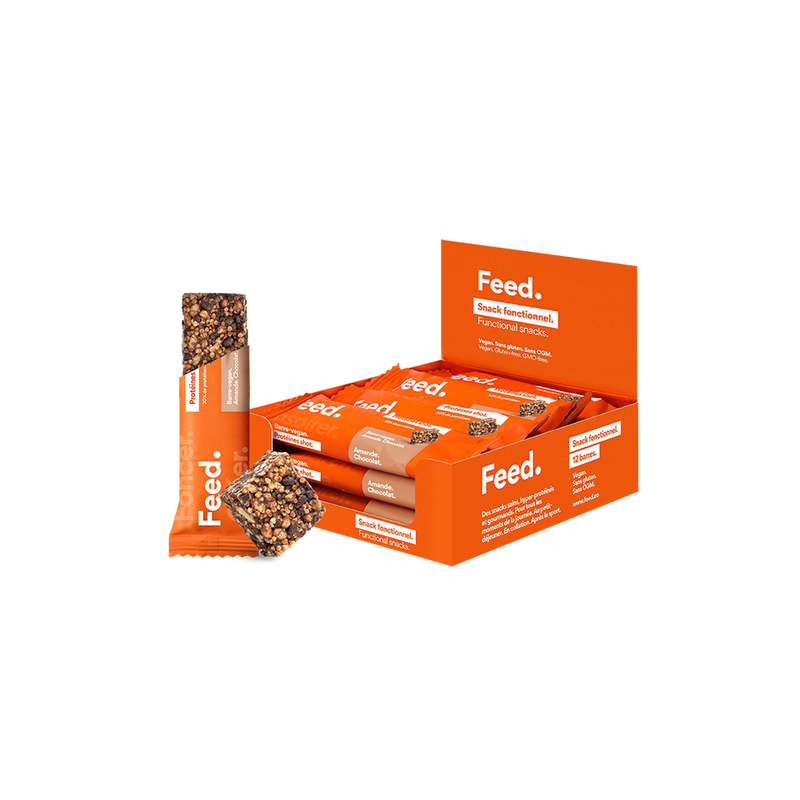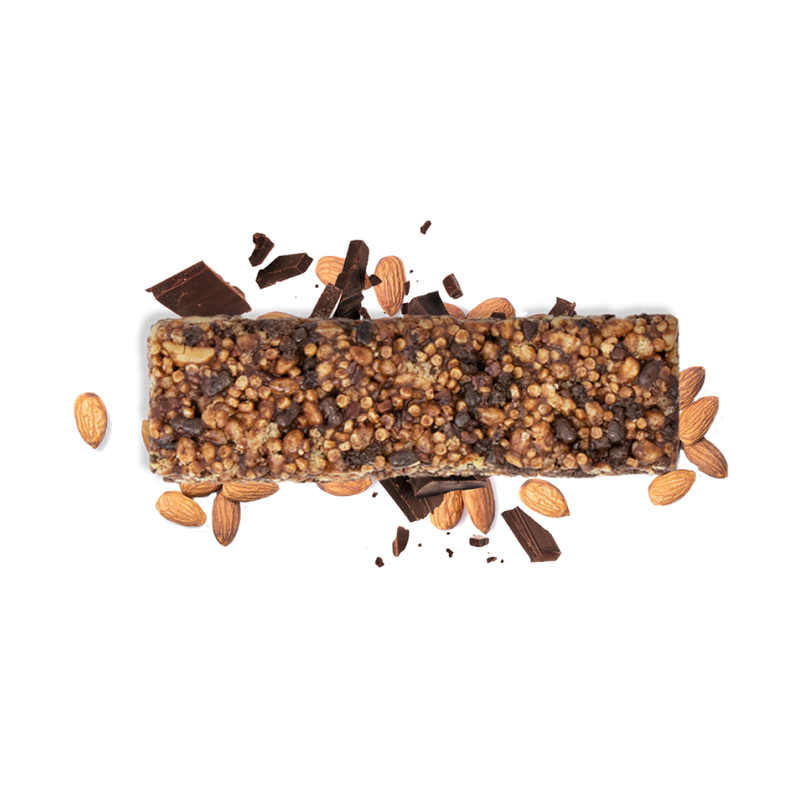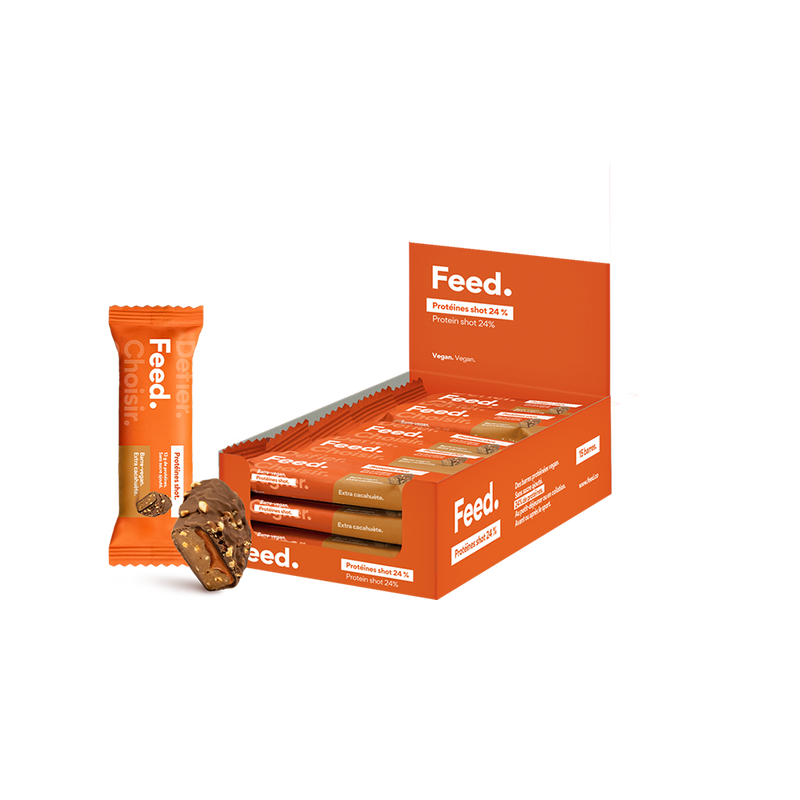Thanks to its mineral content and its rich energy content, bananas are a very popular food among athletes, particularly useful in the muscle recovery process. The banana is truly a daily health ally.
Macronutrients.
- Banana has a high carbohydrate content, which varies depending on the stage of ripening and the type of banana (sweet or plantain). Its high starch content has beneficial effects on digestion and the intestines. During ripening, starch is converted into simple sugars (fructose, glucose and sucrose) which give the banana its sweet taste.
- Bananas are also a good source of dietary fiber, which promotes and regulates intestinal transit.
- It is a fat-free fruit (less 0.5 g per 100g of banana).
- Its energy intake promotes satiety.
Micronutrients.
It contains a large number of vitamins and minerals such as vitamins B, C and E as well as magnesium and copper. But it is richest in potassium and manganese, with 100g of banana providing more than 15% of the NRV.
Their benefits are numerous:
- normal muscle function
- protection of cells against oxidative stress
- normal functioning of the nervous system
- maintenance of the framework
- maintenance of blood pressure
Did you know ?
Bananas contain serotonin, in other words “the happy hormone”. In fact, bananas contain tryptophan. It is this amino acid which is transformed into serotonin by the body. Combined with the magnesium intake from the banana, serotonin will be naturally produced, improving the overall state of your mood.
In summary.
The banana is therefore a fruit to consume without moderation, ideal for the diet of athletes. Its nutritional composition has many benefits and advantages for the most active among us:
- Promotes satiety
- Regulates transit
- Prevents the appearance of cramps and aches
- Ideal antioxidant power for muscle recovery
- Anti-fatigue concentrate
- Participates in psychological and emotional balance























